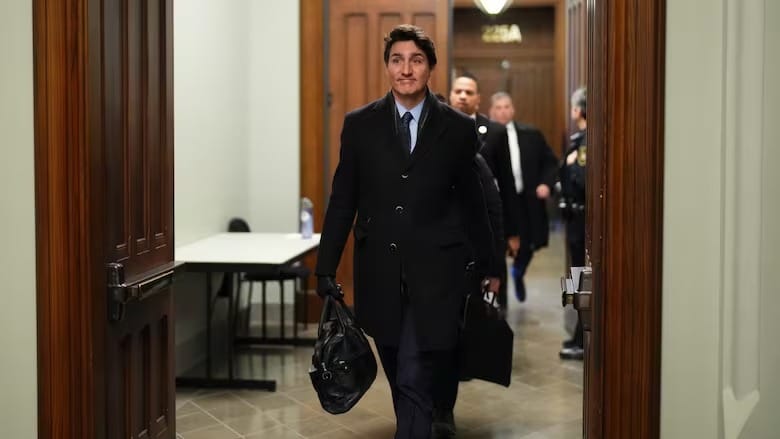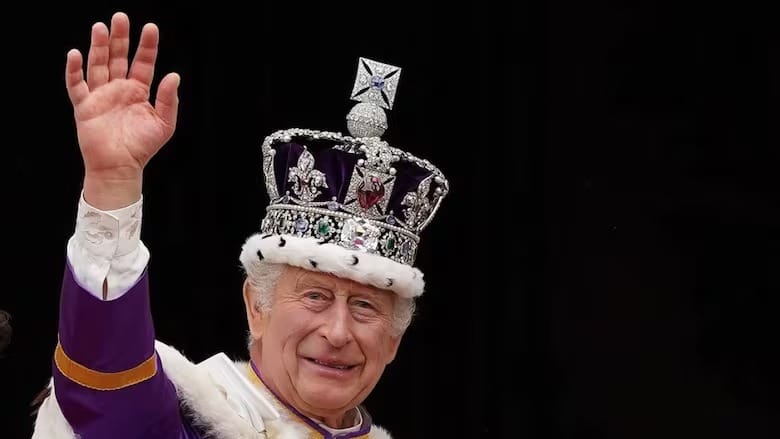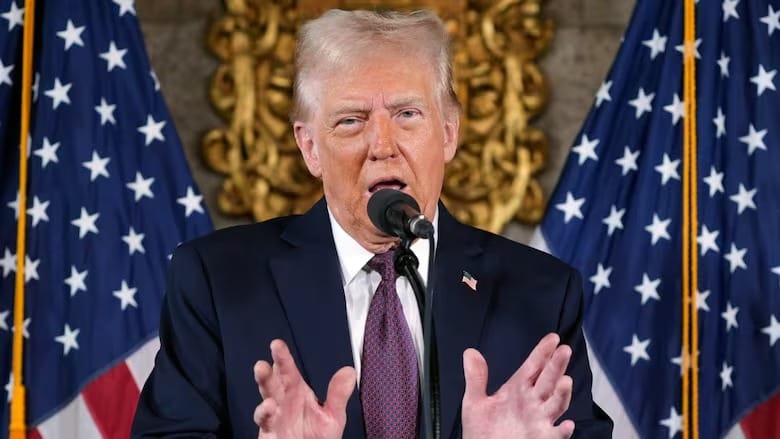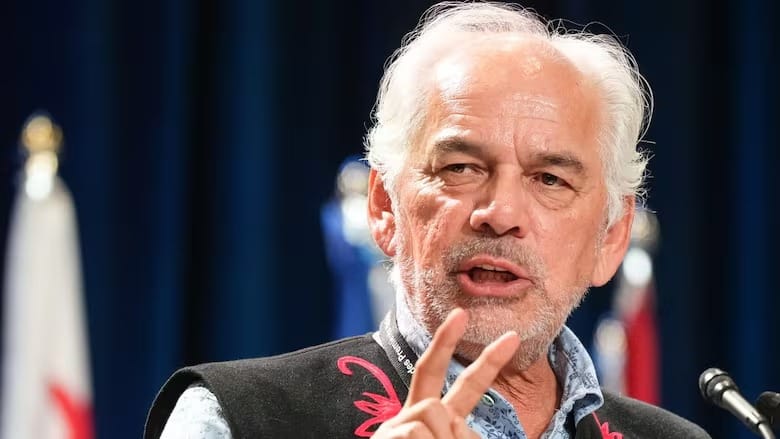Trump trash talks Freeland in blast from her political past
Message underscores key moment in Freeland's nine-year cabinet career. Dealing with him
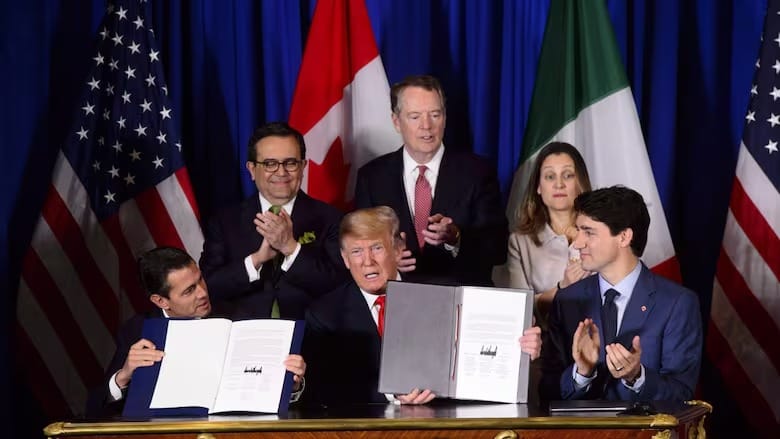
Donald Trump Resurfaces with Criticism as Chrystia Freeland Resigns from Cabinet
A day of political upheaval in Canada ended with Donald Trump reviving an old feud, targeting Chrystia Freeland in a social media post following her resignation from Canada’s federal cabinet.
Trump’s comment on Monday night underscored their previous clashes over trade and other matters. The former U.S. president continued his running criticism of Canada, while also taking a direct jab at Freeland, who had been a key figure in negotiations during his administration.
“The Great State of Canada is stunned as the Finance Minister resigns, or was fired, from her position by Governor Justin Trudeau,” Trump wrote on his Truth Social platform. “Her behavior was totally toxic, and not at all conducive to making deals which are good for the very unhappy citizens of Canada. She will not be missed!!!”
The remark reignited memories of Freeland’s central role in U.S.-Canada relations during her time in cabinet. Though the unfolding Canadian political drama has drawn limited attention in the U.S., Trump’s comments highlighted Freeland’s reputation as a formidable yet contentious figure during the renegotiation of NAFTA.
A Key Role in U.S.-Canada Relations
Freeland, first appointed as international trade minister and later foreign minister, took charge of managing Canada’s U.S. affairs in 2017 when Trump assumed office. During this period, she became a prominent advocate for Canada’s interests while navigating tense and often unpredictable negotiations.
Her approach, which included sharing books on human progress and cautioning against resurgent nationalism, was praised by some American observers but drew scorn in Trump’s Washington. At the height of NAFTA renegotiations, Trump publicly criticized her, stating, “We don’t like their representative very much,” in late 2018. Days later, however, the trade deal was concluded.
Freeland played a crucial role in those discussions, often frustrating her American counterparts. At one point, U.S. officials grew so exasperated they announced a bilateral agreement with Mexico and threatened to exclude Canada. Canadian officials, however, described her actions as a deliberate strategy to push the U.S. toward its deadlines.
In his memoir, U.S. Trade Representative Robert Lighthizer acknowledged the challenges but described his relationship with Freeland as professional and sometimes even amicable. He noted that while the early stages of negotiations were difficult, they eventually reached a resolution that included changes sought by the U.S., such as requiring the agreement to be renegotiated approximately every decade.
Departure Amid Political Shifts
Freeland’s resignation came as a surprise to many, particularly as Canada faces upcoming trade talks with the U.S. in 2026. In her resignation statement, Freeland revealed that Prime Minister Justin Trudeau had offered her a new position overseeing Canada-U.S. relations, but without the support of a departmental structure. She considered the offer a demotion and stepped down on the same day she was expected to deliver a budget update.
Freeland also expressed concerns about fiscal measures she believed could unnecessarily drain Canada’s finances, particularly in preparation for potential economic risks, including renewed tariff threats from Trump.
Her departure marks the end of a key chapter in Canada-U.S. relations and leaves questions about how future negotiations will proceed without her involvement.


